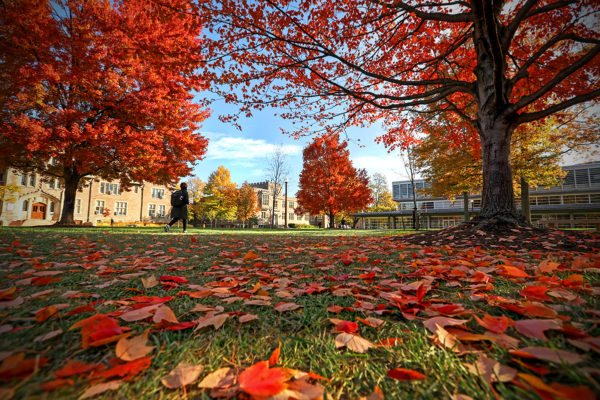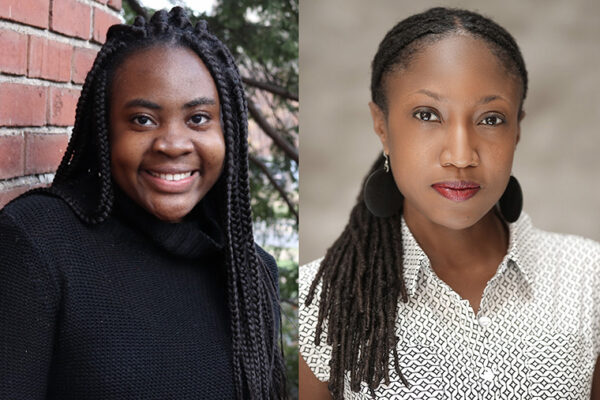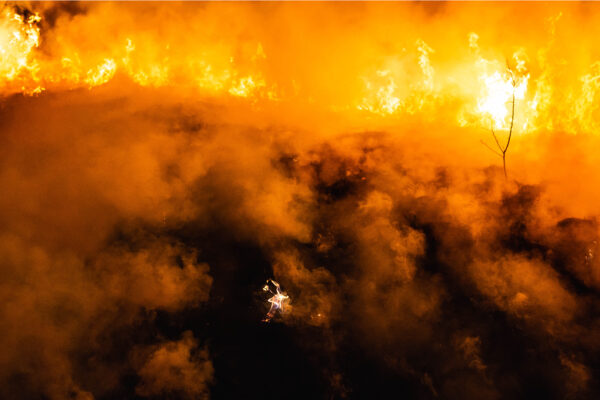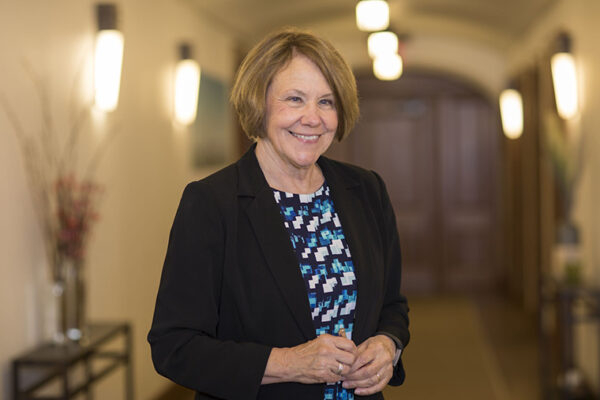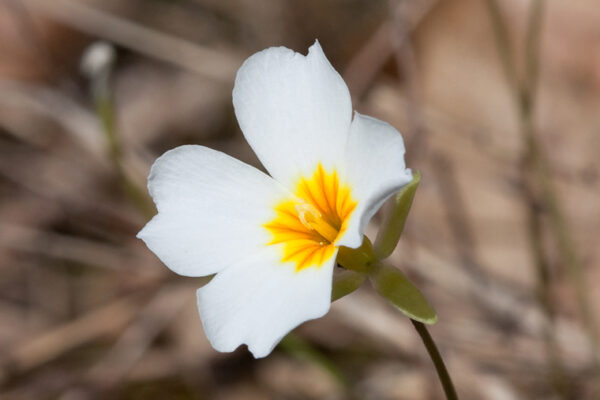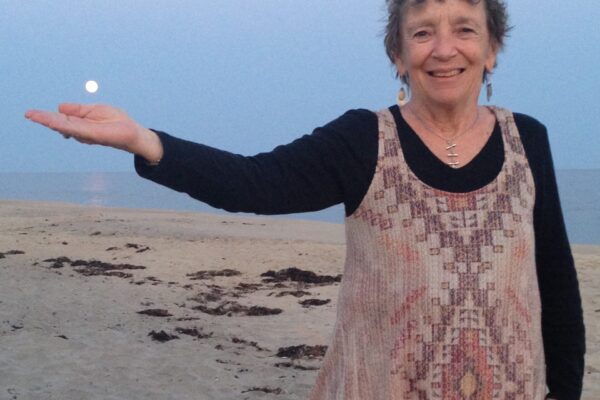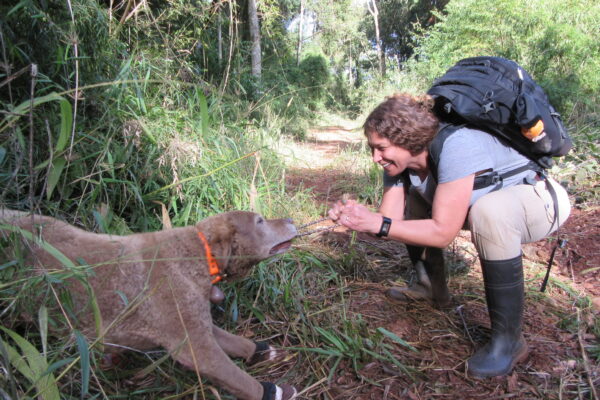Study looks at summer solstice effect
For the first time, a study by researchers including biologist Susanne Renner in Arts & Sciences helps solve the mystery of the timing of falling leaves in autumn by revealing the pivotal role of the summer solstice.
Fighting loneliness by finding purpose
A sense of purpose in life — whether it’s a high-minded quest to make a difference or a simple hobby with personal meaning — can offer potent protection against loneliness, according to research from Patrick Hill in Arts & Sciences at Washington University in St. Louis.
Dordor, Ellis win inaugural Heartland Journalism Fellowships
Washington University in St. Louis undergraduate student Keona Dordor and St. Louis novelist Lyndsey Ellis are the inaugural recipients of the Heartland Journalism Fellowships.
New pathway discovered for RNA degradation
Researchers at Washington University in St. Louis found the first abiotic pathway for RNA hydrolysis in iron-rich soils and sediments. Understanding how RNA breaks down under given conditions is critical to harnessing the molecule for use in emerging technologies.
Radar can help fight wildfires, identify flash-flood risks
Roger Michaelides, an assistant professor of earth and planetary sciences in Arts & Sciences, is co-investigator of a new NOAA-funded project that aims to improve the warning systems for flash floods that often threaten areas recently denuded by fire.
Schaal elected member of American Philosophical Society
Barbara A. Schaal, the Mary-Dell Chilton Distinguished Professor in the Department of Biology in Arts & Sciences, was elected a member of the American Philosophical Society in May. Schaal was among the first scientists to use molecular biology-based approaches to understand evolutionary processes in plants.
Missouri native is flowering earlier due to climate change
Biologist Matthew Austin in Arts & Sciences published a study in the American Journal of Botany that describes changes to the flowering time and other important life cycle events in Leavenworthia species, a group of small flowering plants found in glades in Missouri.
An 80-year odyssey of repatriation and repair
Jewish books stolen by Nazis during World War II are returned to Prague — by way of Washington University Libraries.
Wonder, enchantment and the epic of evolution
As a biology faculty member, Professor Emerita Ursula Goodenough invited non-science majors to understand and reflect on the history of life on Earth. The second edition of her book, The Sacred Depths of Nature: How Life Has Emerged and Evolved, brings the wondrous saga to a new audience.
A dog’s work: Rescue animal goes all in for wildlife conservation
The legacy of Train, a retriever who assisted in conservation research, continues with a new study and a statue in Argentina.
View More Stories
